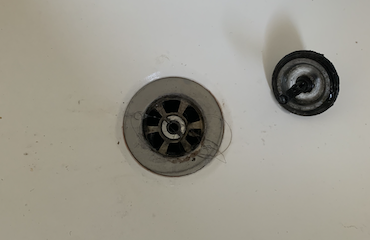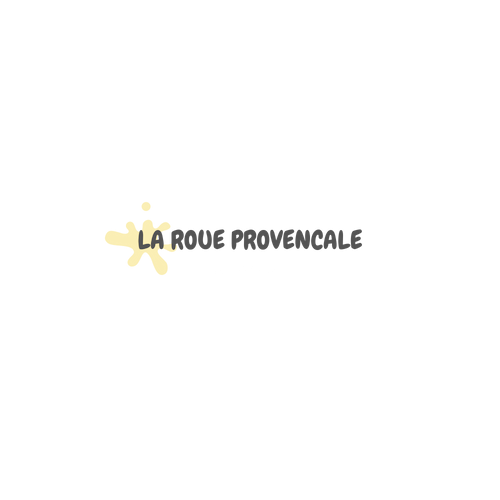Is your sink draining slower than normal? Does it make a bubbling sound when you use the shower? You may have a blocked drain. Drain blockage is a common plumbing issue that can lead to significant damage if left unchecked. The good news is that it’s often possible to unclog drains with simple tools or liquid drain cleaner. To understanmore information causes of, and solutions for, blocked drains, read on.
What Causes Clogged Drains?
The most common cause of blocked drains is the build-up of debris including food scraps, grease, hair and soap scum. While small amounts of these materials are usually no problem, continued accumulation can create build-ups that eventually become clogs. In some cases, tree roots can invade pipes causing further blockages. These types of obstructions will require professional attention to remove.

How Can I Prevent Blocked Drains?
Preventing clogged drains is relatively straightforward. Here are a few key tips:
- Avoid putting any food scraps down the drain.
- Run hot water down the drain after using it.
- Similarly, replace a portion of the water in the sink occasionally.
- Keep an eye out for large objects such as toys being put down the drain.
- Regularly clean your drain.
By following these easy steps, you should be able to keep your drains running freely.
What Should I Do If My Drain Becomes Blocked?
If your kitchen or bathroom sink becomes blocked, the first thing you should do is check whether there is obvious debris visible in the drain. If so, try removing it manually; this should be enough to unclog the drain in some cases. If this doesn’t work, you’ll need to take a slightly more aggressive approach.
A liquid drain cleaner is one option. These products contain caustic substances which dissolve the debris causing blockage. Simply pour the liquid down the drain and wait for the instructions to take effect. If this still doesn’t work, you’ll need to manually remove the blockage by using a plunger or a specialised drain snake.
When Should I Call a Plumber?
It’s best to call a plumber if the blockage is caused by something other than debris build-up. This could be tree roots which have infiltrated your pipes or a malfunctioning appliance. In these cases, DIY solutions won’t be effective and qualified assistance will be needed. Plumbers have access to specialist tools that they can use to safely remove most blockages from your drain.
For more information, it’s best to speak to your local plumber who can assess the situation and let you know the best way to tackle it. Depending on your individual circumstances, they may recommend that you carry out preventative maintenance to reduce the chance of clogged drains occurring again in the future.
Blocked drains don’t have to cause major disruption in your home. By understanding what causes drain blockage and taking necessary precautions, you can minimise the chances of it happening in the first place. But when problems occur, it’s always better to seek help from a qualified professional.


